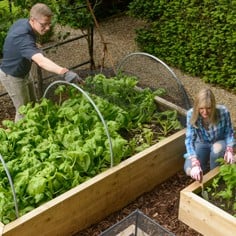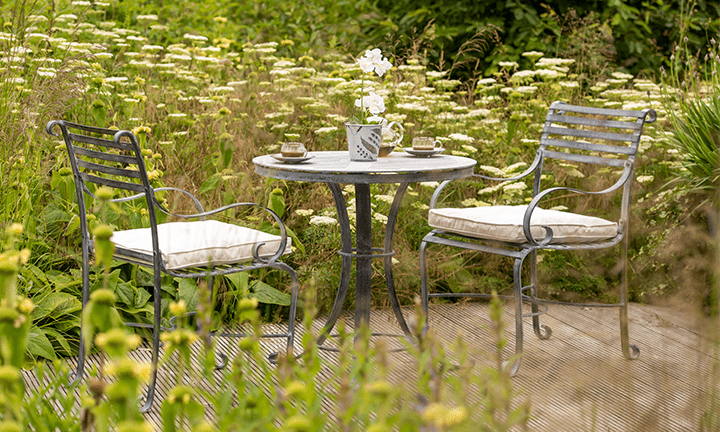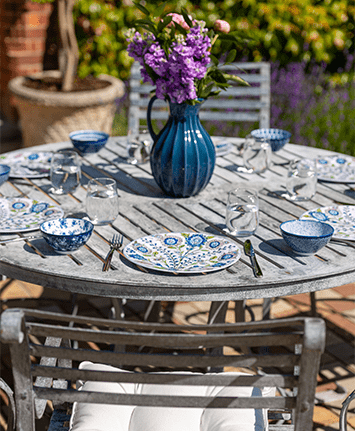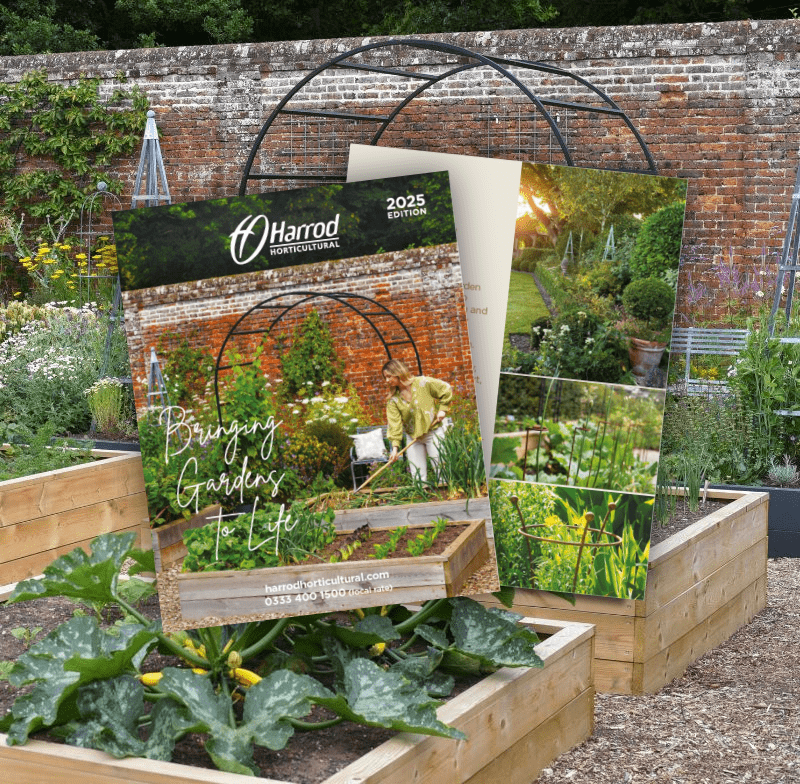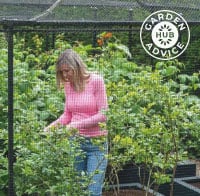Compost Tumblers
I am considering buying a 635 Litre ComposTumbler but have a number of questions.
As background I have a largish garden, just over 1 acre, with a mixture of herbaceous and shrub banks and a large amount of lawn. The latter I cut with a mulching mower and for most of the year do not compost grass. However I have for the last year composted most of the domestic vegetable waste and herbaceous and soft shrub cuttings. For lack of anything else this has been composted in the large white plastic containers that builder’s merchants use for delivering sand. I now have 7 'bags’ of finished compost that I am about to start spreading on the garden. This process creates a very unsightly area in the garden and it has been hard work trying to aerate the bags during the composting process, thus the attraction of the Tumbler.
The questions I have are:
1. Time to produce compost. Your catalogue talks of compost being ready in 'as little as 14 days'. This I recognise will be from the time the last raw material is added but is this a realistic time in Pembrokeshire which has a much more temperate climate than the South East of England? In an US website (Mother Earth News) it mentions 10 weeks as being a better estimate. While 14 days is not critical, for tidiness reasons I do not want large amounts of waste lying around the garden waiting for the Tumbler to complete its previous load.
2. Woodash. I have a log burning fire and this produces an amount of woodash each week. I have read that compost heaps can accept some wood ash, but is there any guidance as to how much?
3. The only vegetable matter that I send for landfill is orange skins. Again, I have read that they should not be put into compost but have several friends who do put it in their compost and say it causes them no problem. What are your views?
I look forward to your reply.
Jim Price
Many thanks for your recent enquiry regarding the 635 Litre Compost Tumbler. I've had a read through of your message and have come up with the following answers and information, which I hope will be of help.
COMPOSTING TIME As you're probably aware, it's notoriously difficult to nail down exactly how long the composting process will take, even in a Compost Tumbler. The ingredients and weather are obviously the most important factors but a full tumbler, containing the right mix of green and brown material and including grass cuttings, placed in full sunlight in the middle of summer should produce usable - not great, but usable - compost in roughly 14 days. However, the process - as you say - is likely to take months at most other times of the year, so I certainly wouldn't state that you will get potting mix grade compost in two weeks all year round! The main benefits of the tumblers are the speed of decomposition and the ease of turning and aerating the material, but I'd certainly say you will need some kind of holding area in which to accumulate material whilst the tumbler is at work. If you use a standard compost bin as this holding zone and construct a layered heap with the right materials, it will help quicken decomposition when you eventually add the contents of the heap to the tumbler.
WOODASH It's fine to add ash from a log fire to a compost heap as it provides a good source of minerals to growing plants when eventually applied to the soil. As to the amount to add; it's not an exact science and I'd certainly err on the side of caution rather than chucking in copious amounts of ash, at least to start with. As you probably already know, some compostable material falls into the category of 'green'(grass clippings, vegetable peelings and annual weeds for example) or 'brown' (cardboard, woody prunings, twigs and straw) and the idea is to create a 50:50 mix of both these groups; ash falls into neither of these sections so will not affect the general ratio.
ORANGE SKINS Finally, citrus peel. Adding the peelings of oranges and similar fruits to a compost heap is fine, and there are no restrictions to the amount you can add. These peelings are 'neutral' - both green and brown - so can be added without affecting the balance of the bin, and if you chop the peelings up they will compost much more quickly.
Martin






